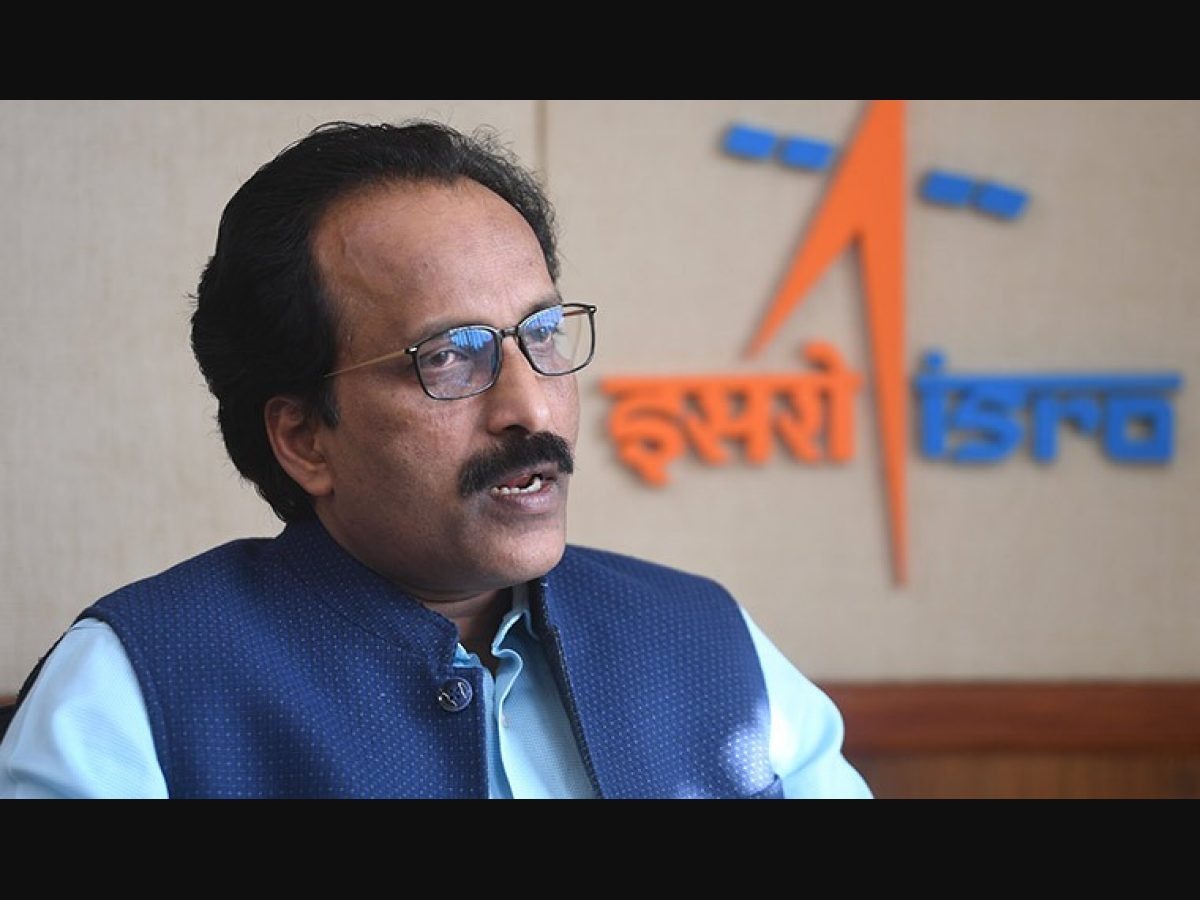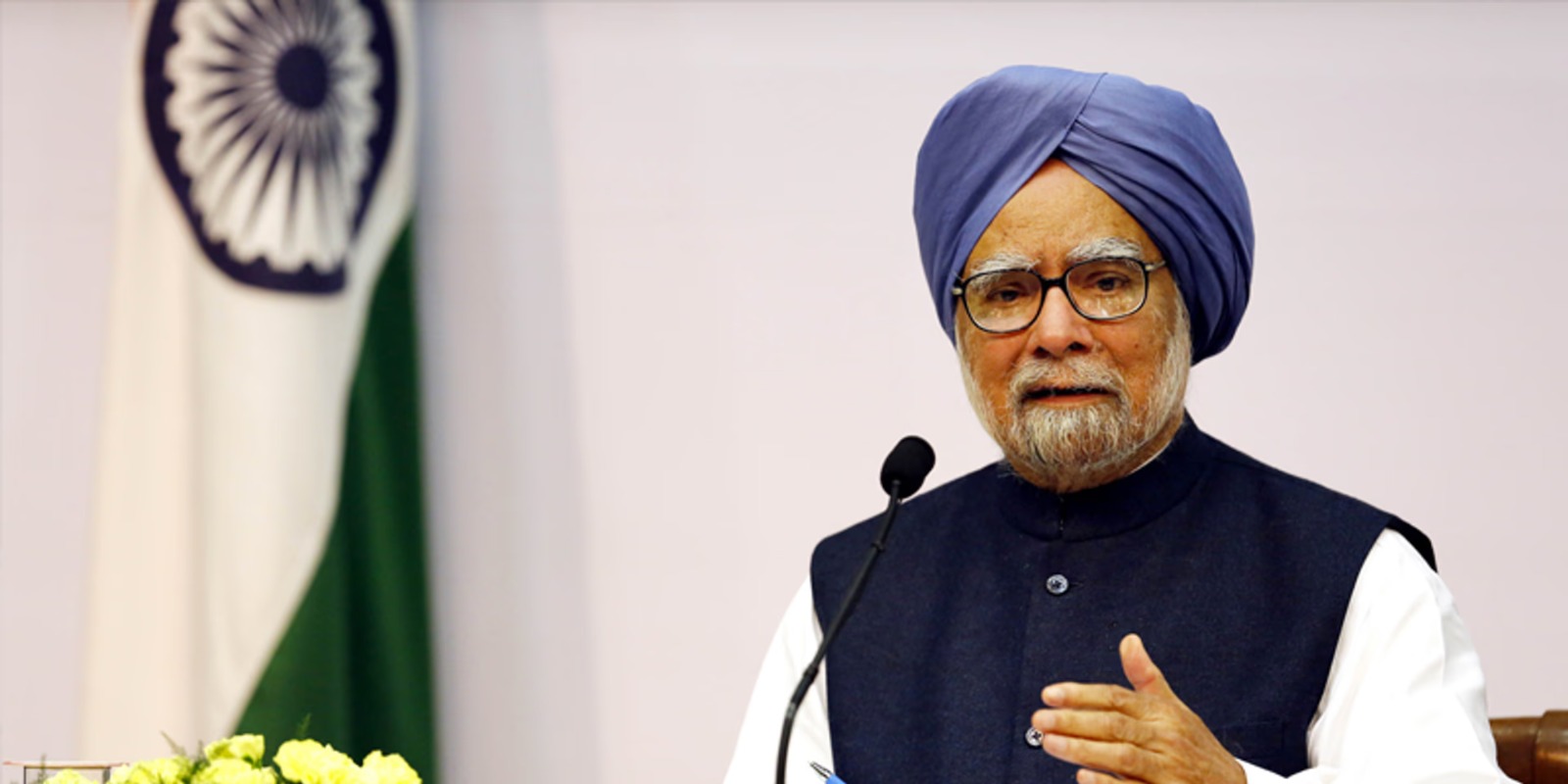Bengaluru:
The Indian Space Research Organisation (ISRO) Chairman, S. Somanath, announced on November 22 that India is eager and capable of exploring and investing in the field of microgravity. Speaking at the Defence Conclave 2024, Somanath highlighted the growing interest in medical research related to space and microgravity environments.
Microgravity research studies how objects behave in extremely low-gravity conditions, such as space, paving the way for advancements in medicine, technology, and other fields. Somanath emphasized that ISRO is actively collaborating with vaccine manufacturers and other stakeholders to explore this field. These partnerships aim to contribute to India’s scientific and medical advancements.
Understanding Microgravity
What is Microgravity?
Microgravity refers to a condition where objects or people appear weightless. This is why astronauts and objects seem to float in space. Despite being called “zero gravity” at times, microgravity signifies an environment where gravity is extremely weak, not entirely absent.
In space, even heavy objects can be moved effortlessly due to this phenomenon. For example, astronauts can push objects weighing hundreds of kilograms with just a finger.
Effects of Microgravity on Human Body
Microgravity allows scientists to study how humans and objects behave in space. However, it significantly impacts the human body. In the absence of gravitational force, muscles and bones weaken over time.
Astronauts living on space stations spend months in microgravity. Similarly, a mission to Mars would involve long durations of microgravity exposure during travel, necessitating research to safeguard astronaut health and safety.
NASA Findings:
In microgravity, flames burn differently—more symmetrically without the pull of gravity. Crystals and other materials also grow more efficiently, allowing researchers to study structures that would otherwise be difficult to analyze on Earth.
Advancing Space and Healthcare Collaboration
ISRO has signed a memorandum of understanding (MoU) with India’s Department of Biotechnology to conduct biological research in space. This initiative supports the ambitious Gaganyaan human spaceflight program, addressing challenges in human space exploration and developing solutions.
Somanath highlighted how fluids behave in microgravity, potentially causing health issues such as vision problems due to increased cranial pressure. Dehydration and higher calcium release from bones could lead to kidney stones. Such findings underscore the need for preventative measures for space missions.
Innovation in Medical Equipment
Somanath pointed out the lack of India-made medical equipment in hospitals and advocated for developing these technologies domestically. He compared this to ISRO’s efforts to indigenize rocket and satellite components, which are now 90% sourced locally. READ THIS- India’s Massive Win Against Australia Keeps WTC Final Hopes Alive
Indian companies can collaborate with Original Equipment Manufacturers (OEMs) to establish production processes within the country. This would not only reduce costs but also modernize manufacturing techniques. Somanath believes that increased collaboration between the healthcare and space sectors will open doors to unprecedented research opportunities in the future.







